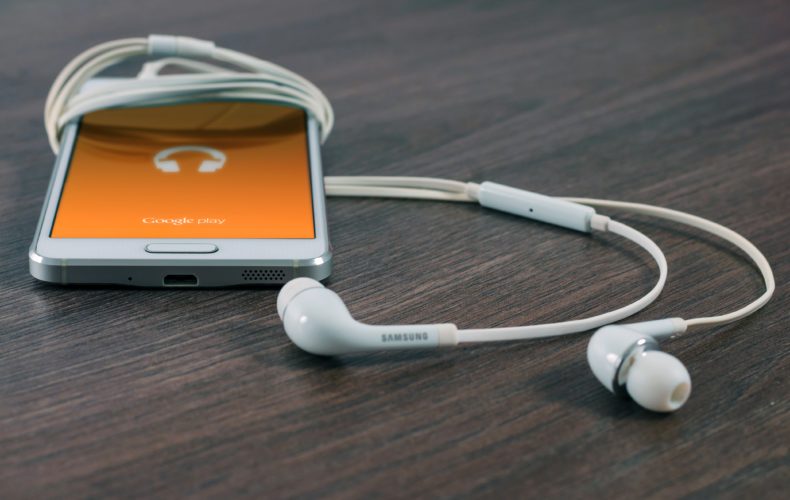If you’re like most people, you spend far more time on your phone than you’d care to admit. This obsession with technology is universal – and not exactly healthy. Smartphones have become our go-to options for entertainment, even when we should be spending our time on other pursuits. We joke about our addictions, but experts don’t believe it’s a laughing matter.
How much of a stronghold does technology exert on our daily lives? Consider these statistics:
- 84% of cellphone users claim they could not go a single day without their devices.
- 67% of cellphone owners check their phone for messages, alerts, or calls — even when their phone isn’t ringing or vibrating.
- 44% of cellphone owners have slept with their phone next to their bed because they didn’t want to miss any calls, texts, or other updates during the night.
- 29% of cellphone owners say they “can’t imagine living without” their phones.
Clearly, cellphones have taken over our lives – for better or worse. For all the convenience these devices offer, there are drawbacks to their use. Time spent on cellphones is time not spent on other important endeavors. It eats into valuable pursuits such as exercising, reading, and spending quality time with family and friends. Heavy cellphone users are at risk of developing physical and mental health problems such as stress, insecurity, depression, and sleep disorders. And if you think a perpetual state of connectedness is good for productivity, guess again. Harvard researchers found that being available 24/7 actually leads to reduced productivity and lower satisfaction in your personal life.

There is little doubt that unplugging has its benefits. It promotes better health; enhances personal relationships; and improves productivity. Setting your phone aside allows you to decompress and unwind, reducing stress and improving mental alertness. You’ll sleep better, enjoy meals more when there isn’t a phone beside your plate, and may even improve your overall physical fitness.
Cutting the figurative cord – at least occasionally – is a worthwhile endeavor. Here are a few tips to help you unplug:
- Turn off your electronic devices one hour before bedtime. Read a book instead of scrolling through your phone when you’re ready to unwind and go to sleep.
- Resist the urge to look at your phone first thing in the morning. Instead, try meditating, watching the news, or making yourself a healthy, nourishing breakfast.
- If you rely on public transportation to commute to work, bring along a newspaper, magazine, or book to read.
- Download a “detach app” to help you unwind and unplug. Android and iOS users can choose from a variety of apps that block other distracting apps, track your screen time, and put your phone in “do not disturb” mode.
- For a true commitment, ditch the smartphone and go old school. Look for a basic cellphone with few bells and whistles other than the ability to make and receive calls.
- Leave your phone at home. The world will not stop spinning if you don’t check Facebook every hour – trust us on this!
- Once you leave the office for the day, don’t fall into the trap of checking emails and voicemail messages. Unless there is an urgent deadline that you simply can’t miss, your work will still be waiting for you the next day – and you’ll be more relaxed and ready to deal with it.
Relying on technology is a hard habit to break, but once you start focusing less on your devices and more on yourself, you’ll be glad you made the effort!
Did you know?
The second Friday in March has been designated the National Day of Unplugging. This global movement encourages people everywhere to take a 24-hour respite from technology by disengaging from their digital devices and spending time instead with friends and loved ones – or even just focusing on themselves. Created in 2003, it continues to gain popularity every year.




